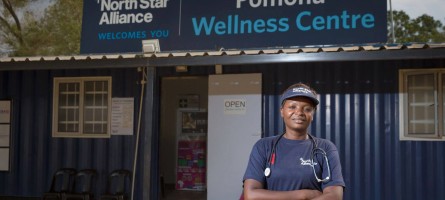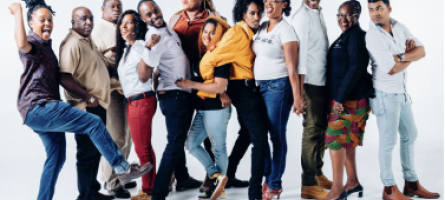National HIV and AIDS programs in the Eastern and Southern Caribbean are transitioning from emergency responses to long-term efforts to ensure access to services at a time when declining donor funding, economic downturns, and competing health priorities are straining resources. Governments need to draw on all available resources, both public and private, to sustain the provision of critical HIV services, especially to key populations.
The countries of the Eastern and Southern Caribbean are making progress controlling their HIV epidemics, but they need to adopt new strategies to bring governments, regional institutions, and the private sector together to sustain the HIV response at the national and regional levels. A key step is to better leverage the private sector to provide critical services that complement the public sector. Civil society organizations are instrumental in reaching key populations with HIV services, but most rely on international donor funding. As donors reduce funding, key populations are vulnerable to losing access to critical HIV services.
Other private sector actors, including practitioners and pharmacies, provide HIV services, but coordination with the public sector is weak. Levels of corporate social responsibility in the Caribbean are low—key industries such as tourism are largely untapped. Individual countries are at different stages on the road to self-reliance, and lessons should be shared among them.
SHOPS Plus collaborated with USAID Eastern and Southern Caribbean, the Governments of Guyana and Trinidad and Tobago, the Caribbean tourism industry, and other key public and private sector stakeholders to implement strategies that support sustainable access to HIV and AIDS prevention, care, and treatment services, particularly for key populations. The project implemented country-level interventions in Guyana and Trinidad and Tobago and supported knowledge sharing and resource mobilization at the regional level to strengthen the sustainability of the response.
All the SHOPS Plus activities in Eastern and Southern Caribbean were conducted between January, 2019 and October, 2019.

.png)
.png)


